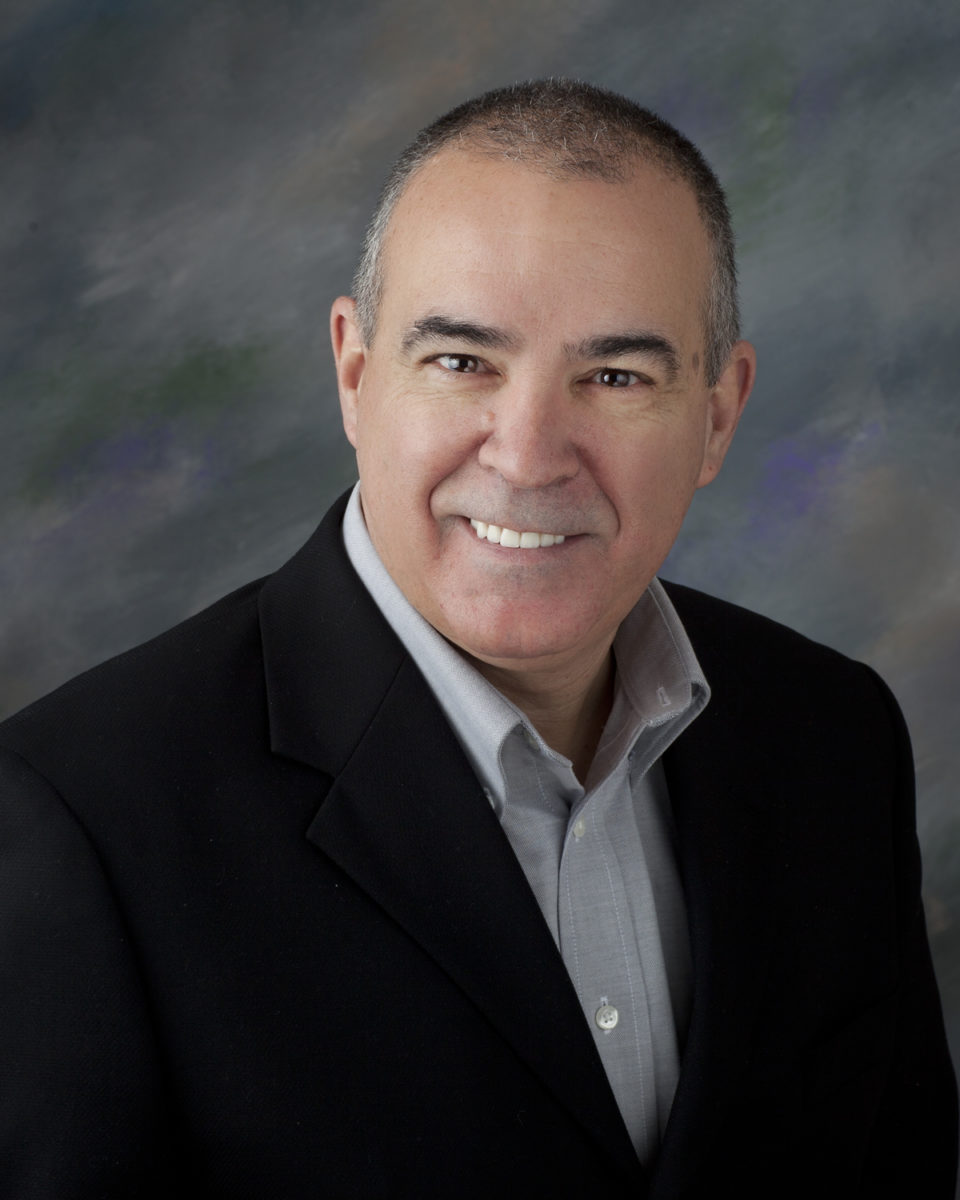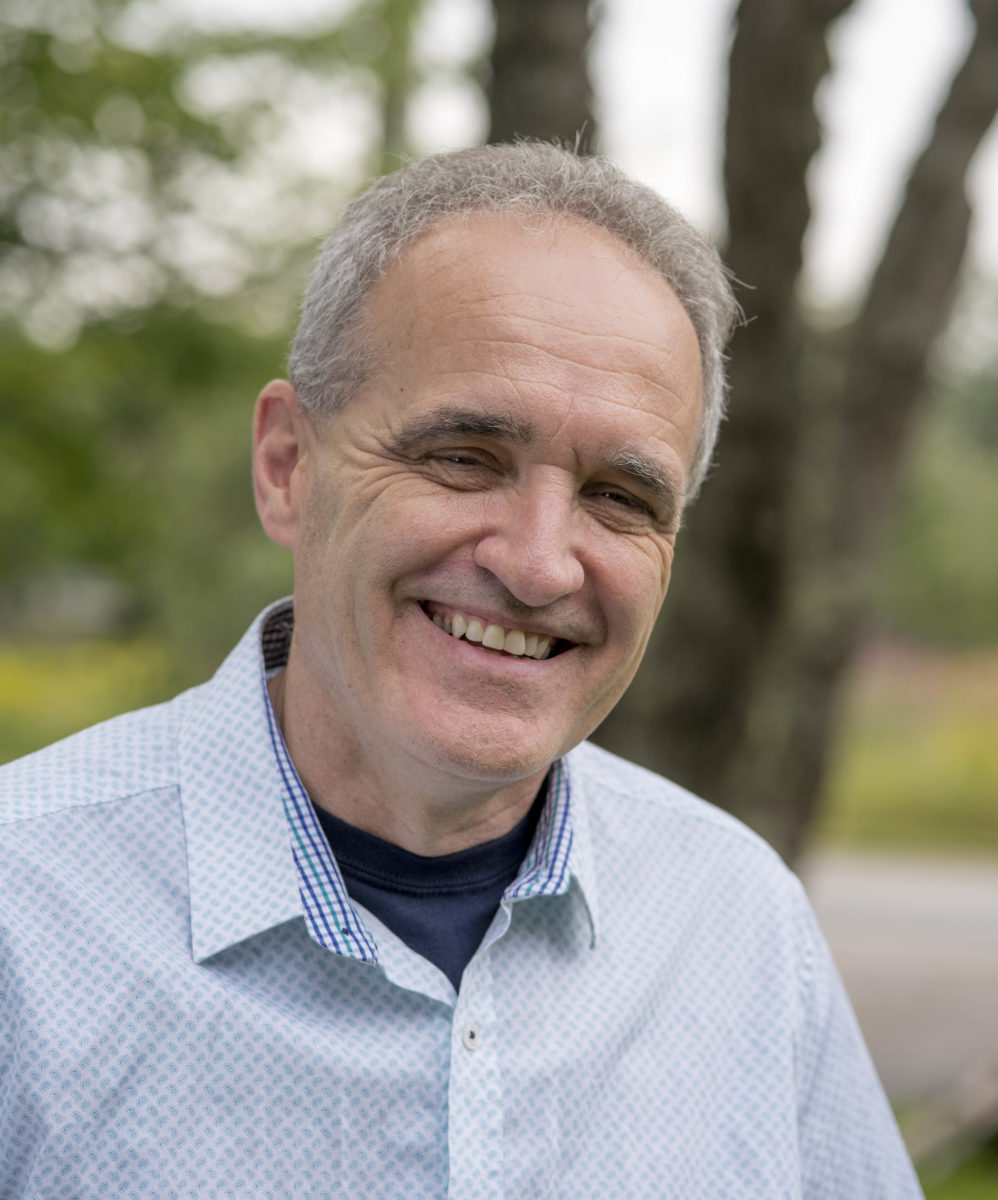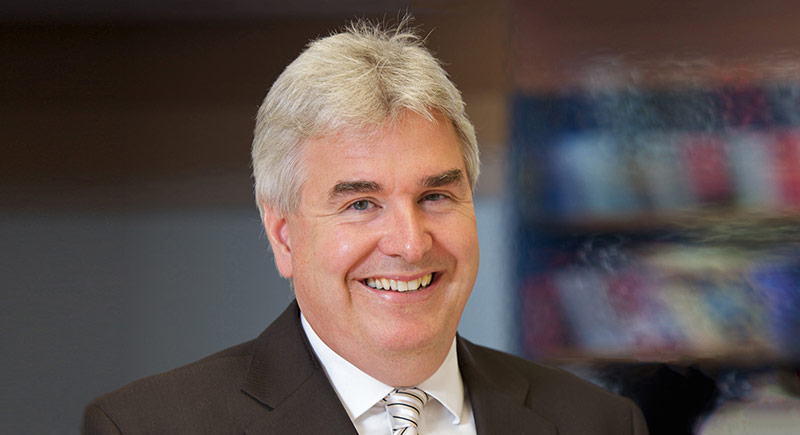The University of New Brunswick announced on Jan. 28 that Paul Mazerolle will be the president and vice-chancellor of the university starting July 1, 2019.
Greg Marquis, a Canadian history professor and senate member at the University of New Brunswick Saint John, discovered through an email he received on Jan. 17, that the university was hiring a new president. Mazerolle’s name was released the following day and the vote took place on Jan. 22. Marquis said it was a closed session and that people were told to shut off their phones during the meeting, which he hadn’t witnessed in a meeting before.
‘A bit of a shocker’
Unlike past years, Marquis said candidates’ names were not revealed to both Saint John and Fredericton senate committees or the Joint Nominating Committee ahead of time. This is a new process according to him.
“This came as a bit of a shocker, because no candidate that I know of had been on campus, no names had been mentioned. So it was kind of an odd way to do things … it was all confidential and as senators, we couldn’t tell anyone else … I couldn’t even tell the chair of my department,” said Marquis.
Leslie Jeffrey, a politics professor at UNBSJ, agrees that the process was not typical.
“There’s always the hiring committee that makes the final votes. But there’s an open process of everyone being able to engage and ask questions and analyze in their own minds. But this process didn’t happen like that,” she said.
Larry Hachey, the chair of the Board of Governors, challenged this claim, stating that the Joint Nominating Committee provided constant updates to the senates, the Board of Governors and the public.

“There are a few members of our community that felt that there was a lack of consultation to the process, which simply was not the case … the only thing we did not do to meet their expectations was to hold open public presentations,” Hachey wrote in an email.
“The committee selected two candidates to be shortlisted. These candidates subsequently met with a number of university community members from both campuses, not just members of the board or senates, on a confidential basis. Members of this group provided their input to the [Joint Nominating Committee] on these candidates.”
The process
The name of the candidate had to be vetted by the provincial government, as per the UNB Act, before being released to the public.
According to Hachey, there haven’t been any changes made to the Act in recent years and there hasn’t been a “provision for an open or closed process,” despite Marquis’ claim that the hiring this year was different than in the past.
“An open process, in which two or more candidates are presented both internally and externally, has not happened for over 17 years. It is extremely rare for universities in Canada to have an open process out of respect for the privacy of the candidates,” said Hachey.
Privacy concerns
According to Hachey, things weren’t open because of privacy concerns for candidates.
“Being required to publicly declare their interest in a position of this nature has implications in relation to the candidates’ current institution or the employment situation of their spouse. This is especially true of those candidates who were not awarded the position. This concern is significant enough that some well-qualified candidates consider withdrawing from consideration,” he said.
“Universities compete with each other vigorously. We compete for the best students, we compete for the best people and we compete for the best presidents we can find. Attracting the best of any of the three often requires ingenuity.”
Jeffrey believes that “closing the process” affects how the university operates.
“The more open the processes, the better the processes, and if we close the process, it tends to … foment distrust and also a sense of frustration,” she said.


The new normal?
Marquis worries that the “business corporate model” will be used for hiring other members of the university community.
“[If] it becomes the norm, would it trickle down to vice-president candidates? You can make that same argument, if you can make it for a president, you could make it for a vice-president.. then we’re getting into unknown and dangerous territory,” he said.
“We are being told that this is a new normal, but I’m not sure. I can’t say this is normal. I don’t really trust people on the board of governors and other people to tell me what is normal. I like to go find it for myself.”
The new president
Paul Mazerolle, UNB’s new president, works at Griffith University in South East Queensland, Australia as the pro vice-chancellor.
According to Hachey, Mazerolle was chosen because of his “commitment to diversity, equity and inclusion with other groups.”
“Dr. Mazerolle was selected, simply because he was the best choice,” Hachey said.
Marquis hasn’t looked into who Mazerolle is yet because he was turned off by the entire process and felt it was rushed.
“I feel bad for the new president because whether or not he signed off on this new process or not, he’s being set up to come in under a cloud … I think the job of being a president is hard enough, so why set him up for conflict?”

